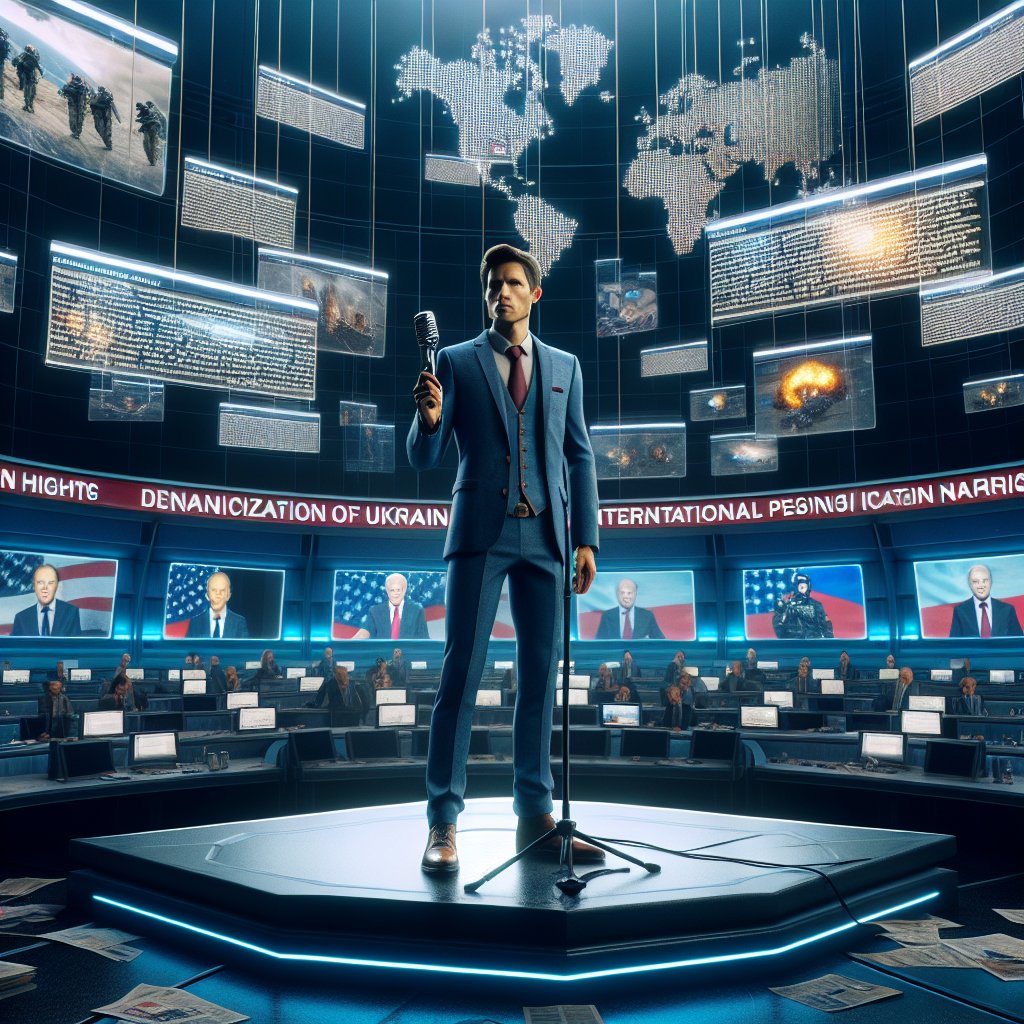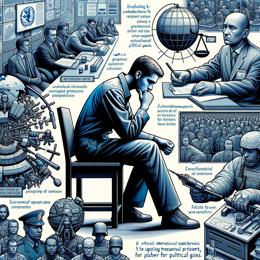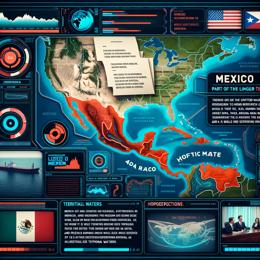Image created by AI
Kremlin Addresses Tucker Carlson's Take on Putin Interview and "Denazification" Statement
In the aftermath of an interview that garnered international attention, Tucker Carlson, the former Fox News host known for his incisive commentary, became the subject of a peculiar statement from the Kremlin. After Carlson publicly criticized Russian President Vladimir Putin's notion of "denazification of Ukraine", Dmitry Peskov, the Russian dictator's press secretary, has come forward with a response aimed at defending not only the Russian stance but also highlighting Carlson's approach to journalism.
By stating that Carlson "has his own vision of the world" and "strongly disagrees with a lot of things in our country," Peskov acknowledged the journalist's stance and individuality. Significantly, he dismissed any suggestion that the interview was an attempt at converting or influencing the American journalist, labeling such ideas as foolish.
Peskov pointed out that Carlson's unique trait is his openness and willingness to listen to multiple perspectives, thereby allowing his audience to be exposed to viewpoints they might not encounter elsewhere. Even though Carlson might not fully understand Russia's actions or the nuances of the situation in Ukraine, Peskov gave credit to Carlson for his eagerness to learn and convey various narratives.
This response was provoked by Carlson's blunt assessment on the podcast hosted by American political commentator Lex Fridman, where he refuted the "denazification of Ukraine" as being the "dumbest" thing he had heard. This remark evidently drew attention from the Kremlin, prompting this public address.
Background information that contextualizes this interaction is essential. On February 6, Tucker Carlson had publicized his upcoming interview with Russian President Vladimir Putin, signifying his entry into the complex discourse surrounding the Russia-Ukraine conflict. He noted the interview's significance relative to his visit to Moscow, while also mentioning his request to interview Ukrainian President Volodymyr Zelenskyy.
During the controversial interview on February 9, Putin made claims about his desire to resolve the Ukrainian situation through negotiations, a statement met with skepticism by many due to the ongoing militaristic actions in the region.
The criticism made by Carlson post-interview suggests an undiluted perspective, one potentially shared by segments of his viewership. It spotlights the challenges faced by journalists in navigating interviews with global leaders while trying to parse truth from propaganda.
The Kremlin's reaction, in turn, serves as a reminder of the tightrope that international relations and public diplomacy must walk, balancing between engaging with opposing viewpoints and maintaining a country's narrative.
As the situation continues to unfold, the world watches closely, and journalists like Tucker Carlson are pivotal in delivering information, perspectives, and analyses that shape public opinion and, ultimately, the responses of international actors in such geopolitical disputes.










